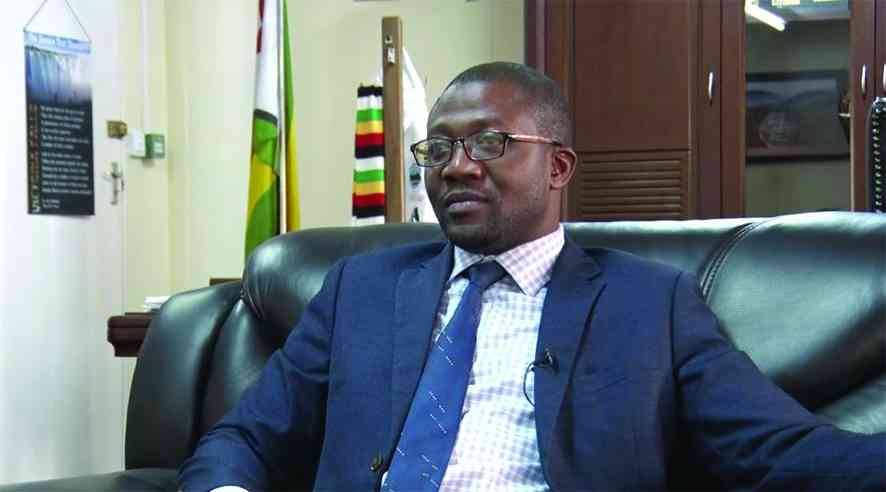
Farming remains the most important source of income with half of the adult population in the country earning a living from it, the Finscope 2014 Consumer Survey Zimbabwe has revealed.
BY TARISAI MANDIZHA
The survey shows that 66% of households are involved in farming. Of these, 28% get most of their income from selling produces such as maize, tobacco and vegetables.
“50% of the adults claim farming is their source of income with 36% [of these] claiming it is their main source of income, while 65% of adults earn $100 or less per month, including ‘no income’,” reads the report.
But in an interview with NewsDay, Zimbabwe Commercial Farmers Union (ZCFU) president Wonder Chabikwa said more than 50% of the population depended on agriculture for their livelihood as there was no formal employment to really talk about in the country.
“We are actually saying about 70% of the Zimbabwean adults depend on income from farming. If we look, currently there is no formal employment and the bulk of the people depend on farming to earn a living,” Chabikwa said.
“We also have downstream industries at Mbare Musika, Bulawayo and Bindura among others that all derive income from agricultural produces.”
He said although rains came late in the current agriculture season, the ZCFU was anticipating a good harvest in the country.
- Chamisa under fire over US$120K donation
- Mavhunga puts DeMbare into Chibuku quarterfinals
- Pension funds bet on Cabora Bassa oilfields
- Councils defy govt fire tender directive
Keep Reading
Commercial Farmers Union (CFU) spokesperson Hendrik Olivier concurred, saying that many people — mainly in the rural areas — depended on farming. He said although many people in the urban areas have jobs, they also supplemented their income through agriculture.
But Olivier was of the view that this year’s farming season was not looking good.
“The agriculture season doesn’t look very good, we had late rains and we had heavy rains and now we have a dry spell,” he said.
According to the Finscope report, there were more changes in the population profile between 2011 and 2014 with a decrease in the urban population from 35% to 30%. The report said there was an increase in urban male population from 40% to 43%.
The FinScope Survey — developed by FinMark Trust — is a research tool to assess financial access in a country and to identify constraints that prevent financial service providers from reaching the financially under- class and unserved people. It is a nationally representative survey of how adult individuals source and manage their incomes.
The study was based on a nationally representative sample of adults who were 18 years or older.











